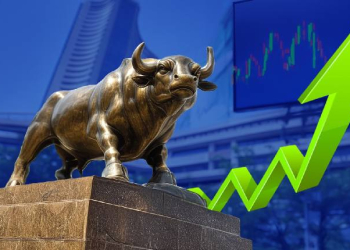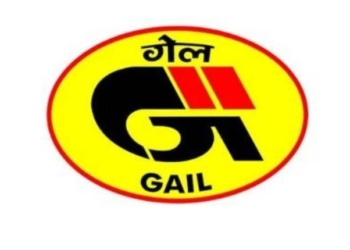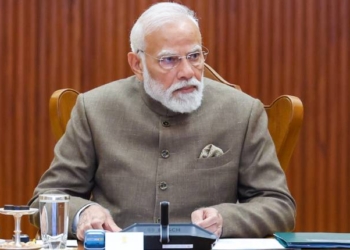New Delhi: As the 51st GST Council meeting stayed firm on taxing online gaming at 28 per cent on gross value collected, industry players on Thursday once again criticised the decision, saying that taxing GST on deposits rather than the technology platform commission charged by the companies will make the unit economics unviable, wiping out 80 per cent of the industry.
Most of the fatalities will be concentrated in MSMEs and startups that house new age business models, according to them.
“This increase of 400 per cent will solely encourage the rise of monopolistic play. Reasonable taxation can protect our over 500 million internet consumers from illegal offshore products,” said Saumya Singh Rathore, Co-founder, WinZO.
In a joint statement, the Federation of Indian Fantasy Sports and E-Gaming Federation said that the new tax framework, while clarifying and resolving uncertainty, will lead to a very burdensome 350 per cent increase in GST and set the Indian online gaming industry back several years.
“However, it will allow gaming companies a fighting chance to innovate and rebuild the foundation of gaming in India,” they added.
The GST Council has also decided to review the decisions on the rate of tax and valuation after six months of implementation of the amendments, giving some hope to the industry.
“It has also been clarified that GST would apply on the entire sum collected upfront and subsequently the proceeds from winning won’t be taxed. It is a welcome clarification as there was some confusion on the issue,” said Pratik Jain, Partner, Price Waterhouse & Co.
It has also been clarified that offshore online gaming companies would have to take registration and comply, non-compliance could lead to blocking of such sites, Jain added.
According to Gunjan Prabhakaran, Partner and Leader, Indirect Tax, BDO India, the GST Council has recommended that the value of supply for online gaming and casinos should be the amount paid or payable to or deposited with the supplier by or on behalf of the player excluding the amount entered into games and not on the total value of each bet placed.
“This effectively means that the tax is levied on the amounts received by the online gaming platforms or casinos and the concern that there would be tax on individual bets placed has been addressed,” Prabhakaran said.
(IANS)
















